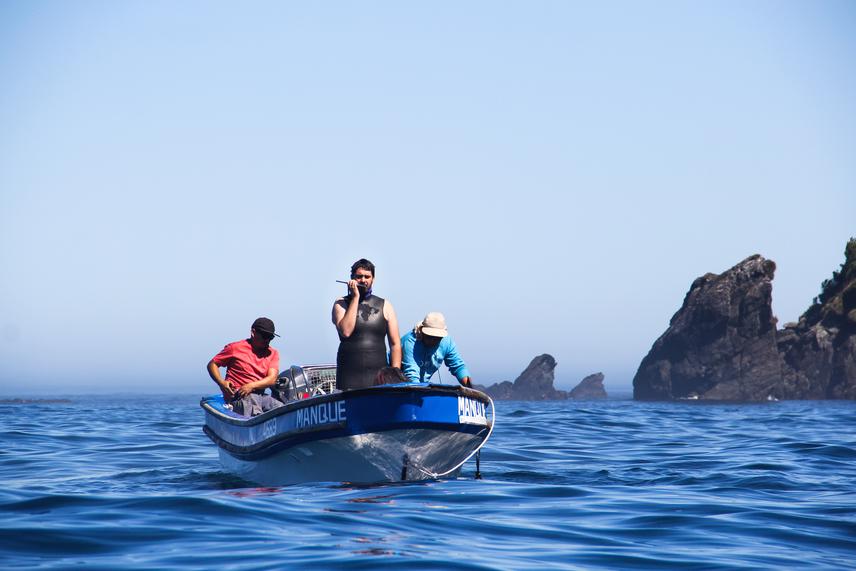Luciano Hiriart-Bertrand
Other projects
28 Feb 2014
Using Scientific-Based Approaches to Promote the Establishment of a Marine Protected Area for Threatened Humboldt and Magellanic Penguins in Southern Chile
21 Jun 2017
Towards Penguin Conservation through the Implementation of Coastal Indigenous Community-Based Management
The Marine and Coastal Areas for Indigenous Peoples (MCAIP) policy in Chile has the potential for scaling up marine biodiversity and cultural conservation through assigning access and management rights over marine areas to indigenous communities. While the policy is dominated by state institutions and frames management under western science protocols, it offers the opportunity to mange-unregulated activities, restore marine ecosystems, recovery fishery stocks, or develop integrated marine spatial planning. This project aims to strength an ongoing MCAIP network to position this instrument on the national agenda for marine biodiversity and cultural conservation in the country.

Coordination of data collection.
Chiles´ coastal marine ecosystems are positioned on the top ten globally affected areas by climate change. Changes associated to these global issues impact on diverse level of organization, from microbiota to megafauna. Adaptability and resilience of marine and coastal areas have been discussed widely, however the time-lapse to bring these changes normally is underestimated. Today, the countries have a novel opportunity to impulse an ecosystem-based management system oriented to benefit local communities and marine wildlife. The establishment of Marine and Coastal Areas for Indigenous People (MCAIP) represents a unique opportunity to bring together communities, fishermen’s, practitioners, academia, non-governmental and governmental organization to co-design human-centre conservation strategies for these environments. A potential solution to face these issues and to explore solutions, a "do tank" is proposed. An ongoing MCAIP network is on developing stage and have focused on creating a collective governance system to promote sustainable fisheries, identify and create control rules for species conservation, such as seabirds and marine mammals, establishment of no-take zones within MCAIP boundaries, or rotation fishing areas. Many of these initiatives are promoted in order to understand adaptability to ocean changes and how a national effort can provide bottom up solutions to ensure a livelihood improvement.
To promote successful conservation strategies, local communities must be involved in the development implementation and enforcement of conservation projects. MCAIP represent a novel approach to promote community base management and conservation of coastal areas in Chile. The effectiveness of this marine spatial planning tool depends on the approach taken in these initial steps of the implementation of the MCAIP policy and, on the vision of the indigenous communities that administer them. For this reason, it becomes fundamental to develop the capacities in the local communities and to ensure a unified conservation strategy in all MCAIP that is transversal to all regions and territories in the country. Bringing together MCAIP representatives through the MCAIP network will give them the opportunity to build a learning platform to improve local capacity and develop new approaches that will position the MCAIPs as an example of marine conservation based on local initiatives and interests.